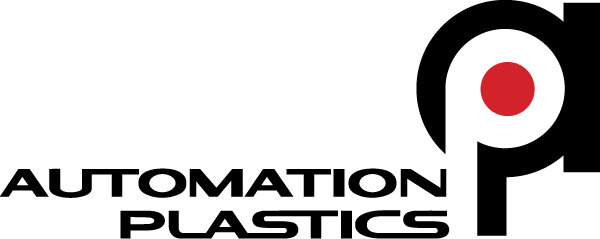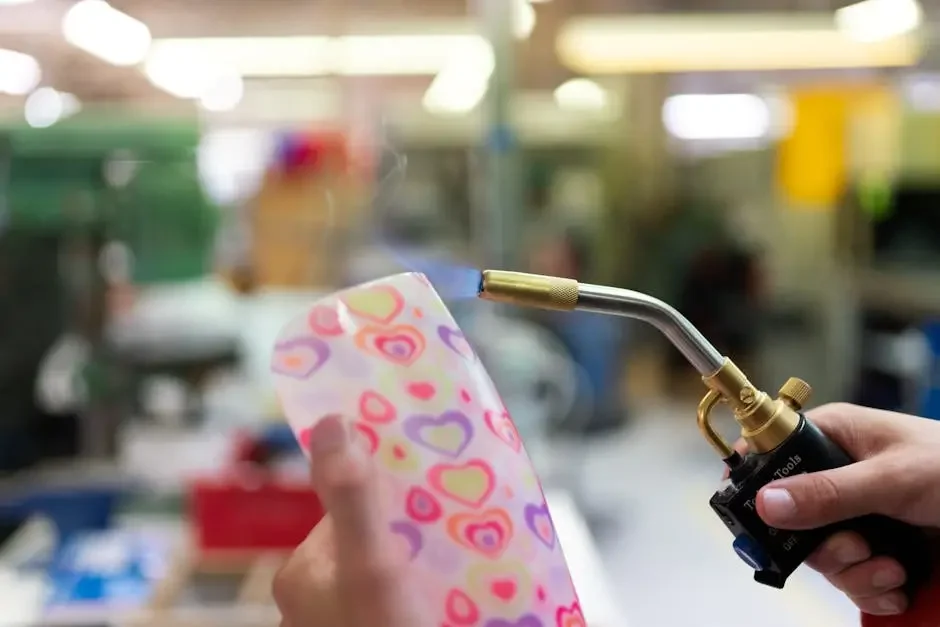Ensuring Quality and Precision in Medical Plastic Injection Molding
In today's healthcare landscape, ensuring the quality and precision of medical devices is more crucial than ever. Medical plastic injection molding plays a vital role in achieving these standards. In this blog, we will explore the key factors that contribute to high-quality and precise medical plastic injection molding, keeping patient safety and device efficacy at the forefront.
The Importance of Quality in Medical Injection Molding
Quality in medical injection molding is critical because it directly impacts patient safety and overall healthcare outcomes. Understanding the implications of manufacturing choices can shape the quality of medical devices.
When we think about medical devices, we often assume that they will function correctly when needed. This assumption emphasizes the importance of quality in every stage of medical plastic injection molding. Each device must be reliable since it may play a vital role in saving lives or improving health.
Moreover, the patients relying on these devices trust that manufacturers have upheld the highest standards of quality. A single defect can lead to catastrophic consequences, underscoring why meticulous attention to detail is not just beneficial—it's a necessity.
Key Factors for Achieving Precision
Precision in the molding process involves various factors including material selection, mold design, and process optimization. Each of these components must work harmoniously to yield the best results. Narrow tolerances must be maintained throughout the entire process, ensuring that the end product meets both functionality and safety requirements.
Selecting the appropriate materials is a crucial starting point, as they need to withstand rigorous conditions while also maintaining their integrity. It's worth noting that the wrong choice here can cascade into issues during the molding process, leading to defects that are both costly and dangerous.
Furthermore, mold design is another critical aspect affecting precision. A well-designed mold can ensure that the material flows evenly, reducing the risk of imperfections. This stage is often underestimated, yet investing in high-quality mold design can pay dividends in the overall quality of the final product.
Lastly, process optimization cannot be overlooked. By refining operational variables—temperature settings, pressure, and cooling times—manufacturers can attain much higher accuracy in their products. This constant refinement is essential for staying ahead in an industry where precision is paramount.
Technology’s Role in Quality Assurance
Advancements in technology, such as automation and real-time monitoring, significantly enhance quality assurance in medical injection molding. These tools help manufacturers closely monitor production and maintain high standards. For instance, automated processes reduce the potential for human error, ensuring that each component is crafted without variance.
Moreover, real-time monitoring allows for immediate adjustments if any discrepancies arise during production. This prompt action can mean the difference between a minor setback and a significant defect. Integrating technology into the quality assurance field not only increases efficiency but also bolsters the overall safety of the devices produced.
As technology continues to evolve, its role in ensuring quality will expand further. Manufacturers who embrace these advancements will not only secure their competitive edge in the market but also contribute to a safer, more effective healthcare system.
Regulatory Compliance: A Necessity, Not an Option
Regulatory bodies dictate stringent guidelines that must be followed in medical device manufacturing. Understanding these regulations and incorporating them into the production process is essential for compliance and safety. Compliance with these established guidelines is not merely a box to tick; it is the foundation that upholds the integrity of the entire medical device manufacturing process.
Navigating these regulations can be complex, yet it's vital for manufacturers to stay informed and agile in their operations. A well-defined compliance strategy helps organizations mitigate risks while reinforcing the trust patients have in their medical devices.
Additionally, establishing a culture of compliance within a company, where every team member understands their role in adhering to regulations, can greatly enhance product quality. This culture fosters an environment where quality is prioritized at every level—from engineering and production to management.
Quality Control Measures and Best Practices
Implementing effective quality control measures and following best practices can help ensure that every device produced is safe and effective. Regular inspections and testing can catch defects early in production. A proactive approach to quality control not only addresses issues promptly but also reduces waste, ultimately lowering costs.
For instance, employing statistical process control (SPC) can enable manufacturers to evaluate and enhance their processes continuously. By analyzing data collected during production, teams can identify trends and make informed decisions that boost quality and reduce variability.
Moreover, fostering a continuous improvement mindset in the workforce encourages employees to participate actively in quality initiatives. Training workers to recognize and report any inconsistencies further enhances the overall quality atmosphere within the organization.
Ultimately, a dedication to quality control is not just beneficial for manufacturers—it’s a commitment to patient safety and excellence in healthcare. By prioritizing these practices, the medical device industry can uphold its reputation and deliver the best possible outcomes for patients.
Final Thoughts on Quality in Medical Manufacturing
By prioritizing quality control, investing in advanced technologies, and adhering to stringent regulatory standards, manufacturers can ensure that their medical plastic injection molded products meet the highest expectations. The future of healthcare depends on devices that are not only innovative but also trustworthy, and that begins with quality and precision in the manufacturing process.

